We should worry about who will succeed Raisi
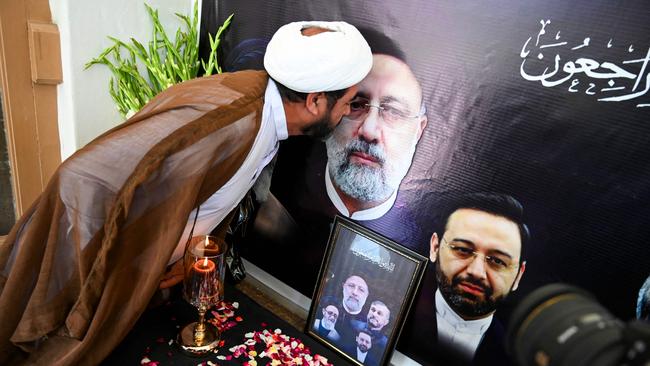
NATO sent its condolences, the United Nations gave him a minute’s silence and the Financial Times yesterday described Raisi (otherwise known as the Butcher of Tehran) as a “family man”.
Perhaps it’s just an unthinking outbreak of De mortuis nil nisi bonum. Or perhaps something else is in play, a sense that the clerical regime is about to enter an extremely volatile period as it struggles to retain legitimacy.
Everyone, East and West, should be nervous about a looming revolution that brings a new cycle of violence to the Middle East.
The “hard landing” that killed the president on a misty mountainside has removed not only the head of state but also a prime candidate to succeed the far more powerful supreme leader, Ayatollah Ali Khamenei.
He is 85, sick, only the second supreme leader after the founder of the 1979 Islamic revolution, Ayatollah Ruhollah Khomeini, and is worried that he could end up being the last.
A naked succession struggle risks opening old wounds, exposing layers of state failure. Revolutions in the Middle East are sometimes top-led, such as the managed change currently steered by Crown Prince Mohammed bin Salman in Saudi Arabia.
The outcome of that experiment is still uncertain and the experience of revolutions led from below by a popular uprising, such as those of the Arab Spring in 2011, is that they end badly, with jails filling up and the army or security establishment seeking to put a lid on discontent.
The plan in Iran is to hold an emergency presidential election within 50 days.
Tehran’s power brokers hate accelerated political events and will probably engineer an outcome elevating the candidate who is closest to the Islamic Revolutionary Guard Corps (IRGC). That points to the current hardline speaker of parliament, Mohammad Bagher Ghalibaf.
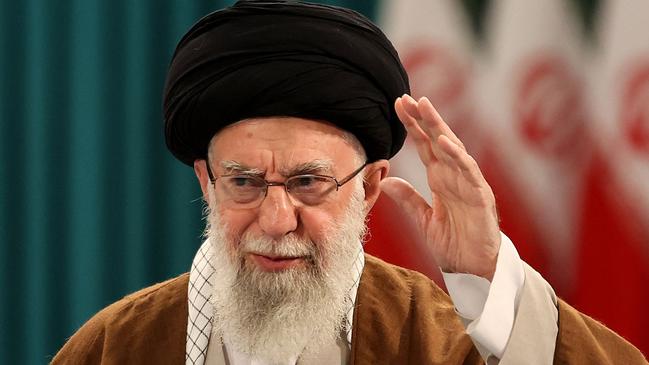
Once the direction of government travel is set – the marginalisation of reformers – the cards will be ordered within the Assembly of Experts, an 88-member conclave of Islamic jurists that chooses the next supreme leader.
It seems that Ayatollah Khamenei has someone in mind – his second son, 54-year-old Mojtaba, nowadays often seen at his father’s side (literally at his right hand, since the ayatollah lost the use of that limb in a 1981 assassination attempt).
As a 17-year-old he fought in the Iran-Iraq war, joining the Habib battalion of radical Islamists in the 27th Mohammed Rasulullah Division. The unit was led by a virulent antisemite and founding member of the Lebanese Hezbollah. Habib veterans went on to senior positions in Iranian security and intelligence.
After war service the son-that-also-rises became a Shia cleric, a key figure in his father’s executive machine, the office of the supreme leader, the controller and administrator of large sums of cash. But it is his security links that make him the likely candidate. He took charge of the Basij militia that crushed the protests after the rigged 2009 election.
The political authority to operate, at home and abroad, for the IRGC stems from the supreme leader. The ayatollah’s calculation may well be: who better than Junior to cement links with Hezbollah commanders in a future war with Israel? Who better than his very own Basij veteran, his flesh and blood, to fend off a counter-revolution after his death?
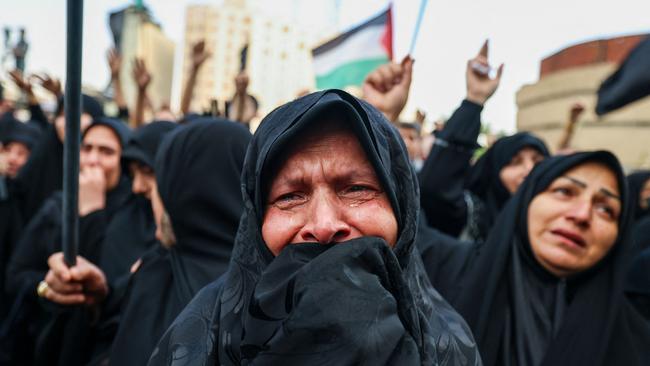
It could be that Mojtaba was always his choice but he was bound by a pledge, first made by his predecessor Khomeini, not to create a hereditary system; supreme leaders were selected by the will of Allah not by the gene pool.
The death of Raisi may have relieved him from this obligation, the president having died as a martyr in his Bell helicopter. There are other possible candidates, including the cleric Alireza Arafi, 67, who, as the Friday prayer leader in the holy city of Qom, may have stronger theological credentials than Mojtaba.
But the supreme leader knows how to play the system and his case to the establishment will be clear: the very future of the Islamic republic could soon be at stake. And he’s a desperate man. The various proxy armies scattered around the region by Iran could end up as a liability, dragging Iran into unsustainable wars.
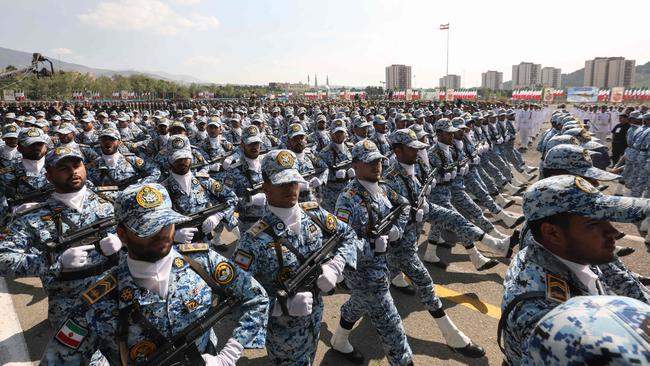
Moderate Arabs have not been deterred by the Gaza war from considering an anti-Iran containment alliance with Israel. The clerical regime is starting to unravel. Mojtaba is the man he trusts.
This is more than an arcane conspiracy tale from a distant land. Social change in Iran is essential but is being blocked by an arthritic theocratic order that is on the constant search for enemies.
If Tehran was not rushing to develop nuclear weapons, if it was not subverting the neighbourhood, threatening Israel with extinction and, now, joining an axis with China, Russia and North Korea, then we could quietly shake our collective western heads and wish free-thinking Iranians the very best of luck while we pass by on the other side of the street.
Instead the corrupt, now struggling, regime is programmed for further violence.
We need to pay attention to who is leading it, to where it is being steered. There can be no stability for Iran as it is currently governed, not for its citizens, nor for its neighbours. It is melting down and turning into a pre-revolutionary state.
The Times


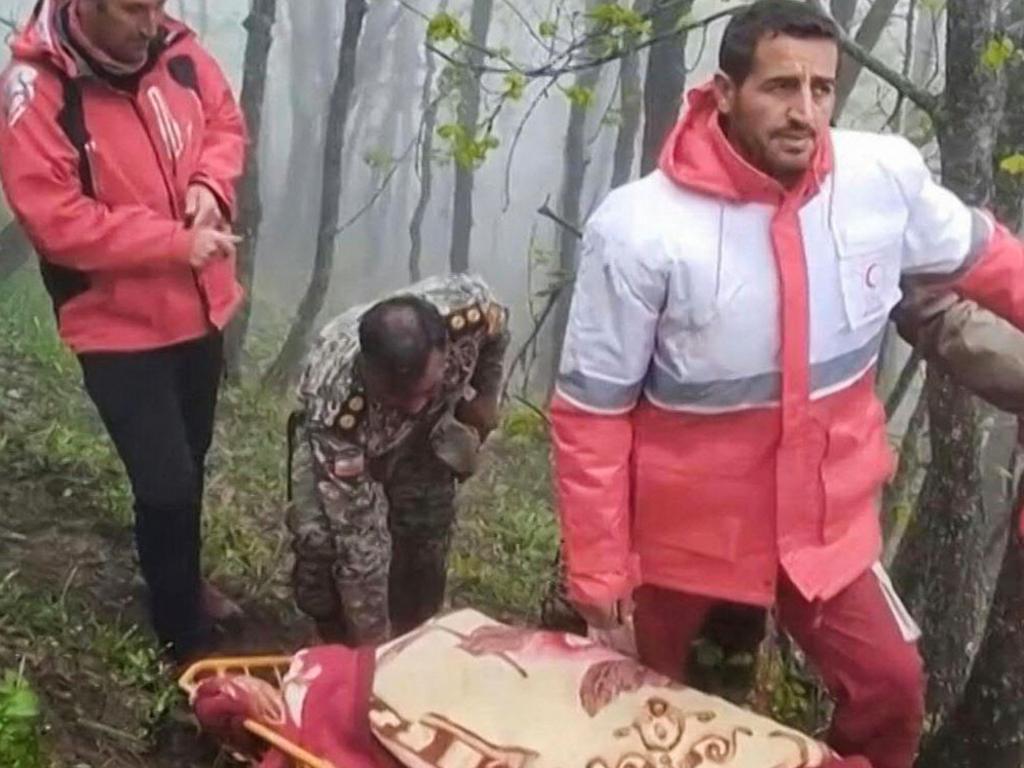
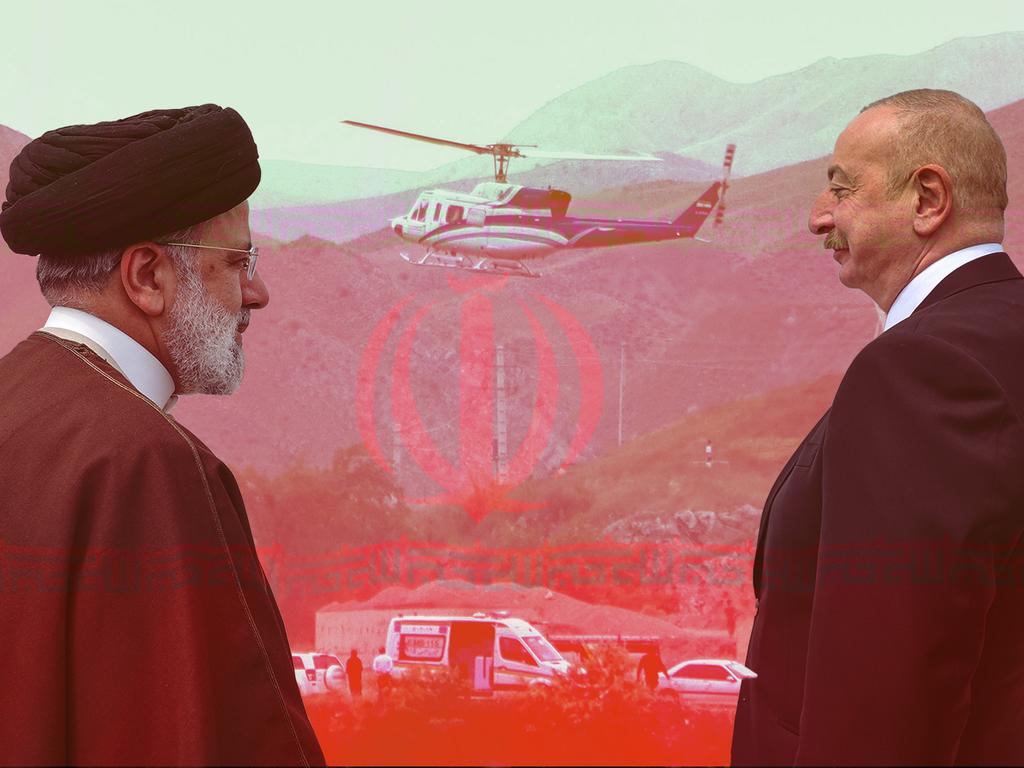



The West is befogged by the helicopter death of Iran’s president Ebrahim Raisi. A Brussels official suggested that the help afforded to the rescue team was an act of “EU solidarity”. Really? Solidarity with the brutaliser-in-chief of women who dared to remove their hijabs?